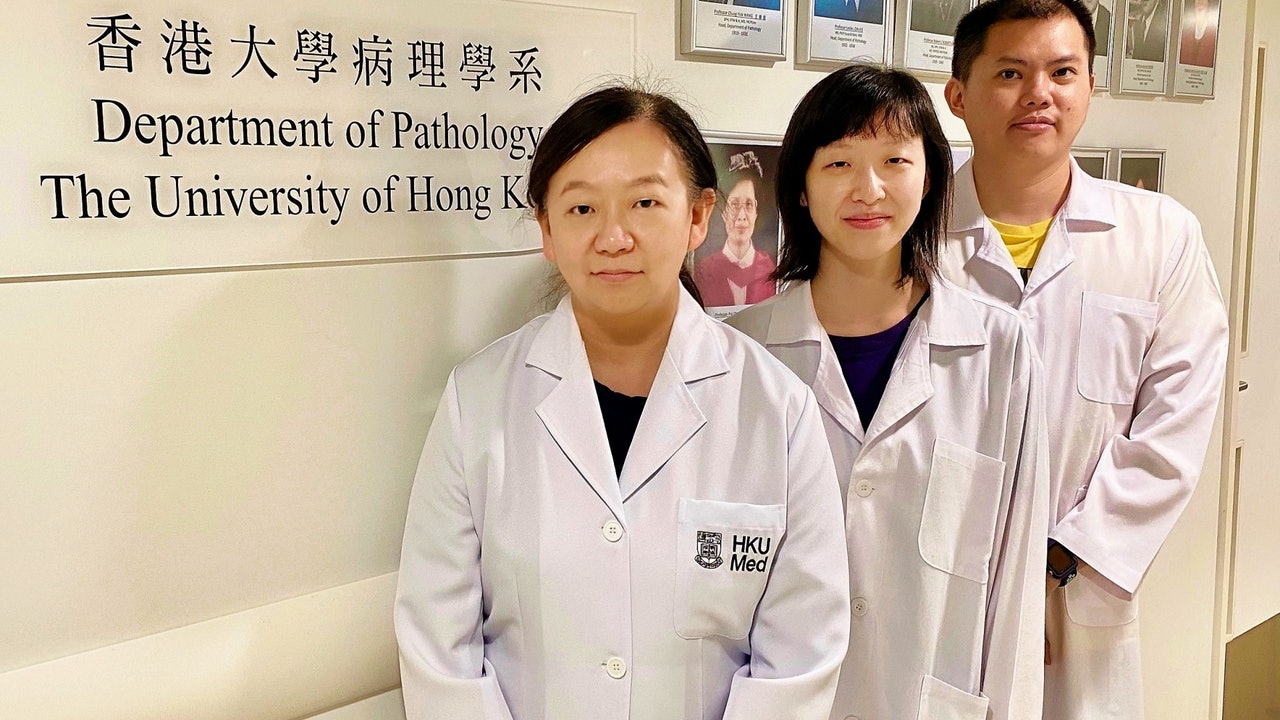Social News
Author: Chen Qianting
2020-08-31 19:19
Last update date: 2020-08-31 19:19Liver cancer is difficult to diagnose early, and cancer cells can easily metastasize and recur. A study by a team from the Department of Pathology, Faculty of Medicine, The University of Hong Kong revealed that “extracellular vesicles” (EVs) derived from liver cancer cells caused tumor growth and metastasis to the lungs. If the corresponding antibodies are used to effectively inhibit their promoting effects, in the future Or become a new direction in the treatment of liver cancer.
The team also found that by observing the levels of two new biological indicators (NID1 and TNFR1), liver cancer may be diagnosed early. The research results have been published in the international authoritative scientific journal "Advanced Science".
The research team of the Faculty of Medicine of the University of Hong Kong found that extracellular vesicles (EVs) derived from liver cancer cells promoted tumor growth and metastasis to the lungs. This new discovery provides new biological indicators and therapeutic directions for the treatment of liver cancer. (Photo of Hong Kong University School of Medicine)
Liver cancer is one of the ten most common cancers in Hong Kong, and the mortality rate ranks third. The high mortality rate of liver cancer is due to the difficulty in early diagnosis, and cancer cells are also prone to metastasis and recurrence. Those who are diagnosed late often miss the opportunity for surgical treatment.
Unknown function of extracellular vesicles revealed for the first time
A team from the Department of Pathology of the University of Hong Kong revealed for the first time that extracellular vesicles (EVs) derived from liver cancer cells have the function of promoting tumor growth and metastasis to the lungs, and nidogen 1 (NID1) in EVs can secrete tumor necrosis Factor Receptor 1 (TNFR1) allows tumor cells to colonize the lungs. EV-NID1 also aggravates the proliferation, metastasis and invasiveness of tumor cells.
The team hopes that blocking the transmission of extracellular vesicles and their signal channels can provide new options and directions for future liver cancer treatment. The team said that if the expression of EV-NID1 is inhibited, it can greatly reduce its promoting effect. Experiments in mice have also confirmed that the use of anti-TNFR1 antibodies can effectively reduce the spread of liver cancer tumors to the lungs.
Dr. Huiping Ren (left), associate professor of the Department of Pathology, Hong Kong University School of Medicine, and his research team members, postdoctoral researcher Dr. Zheng Siqiang (right) and research assistant Ms. Yang Lexin (middle). (Photo of Hong Kong University School of Medicine)
Research to provide new biological indicators is expected to diagnose liver cancer earlier
In addition, the team also found in clinical observation that the levels of EV-NID1 and TNFR1 in the serum of liver cancer patients were higher than those in the normal control group, which means that these two molecules are expected to become non-invasive biological indicators for early diagnosis of liver cancer.
This research was funded by the Research Grants Bureau of the University Grants Committee, and some papers have been published in the internationally authoritative scientific journal "Advanced Science".
[Innovative thinking] The world's first special rheumatoid arthritis drug to avoid side effects of liver cancer drugs
Hong Kong University Queen Mary Hospital’s “shrink first and remove later” therapy helps radically cure the middle and late stages of liver cancer. The study is completed in 3 years
Liver cancer silently came to a non-smoking, non-alcoholic 60-year-old woman with abdominal pain in the past six months
【Liver cancer】Three treatments for advanced stage: selective internal radiotherapy, new target drug immunotherapy
New target drug for liver cancer prolongs survival by four months, doctors advocate to be included in the drug roster as soon as possible
Hong Kong University School of Medicine










